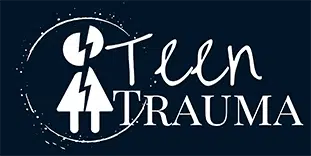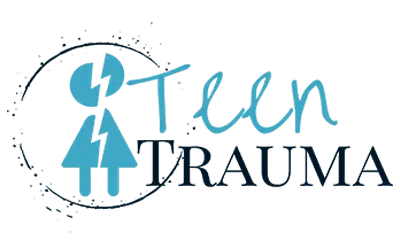Teen Trauma Assessment (CRIES-13)
The Teen Trauma Assessment is based on the Children Revised Impact of Event Scale (CRIES) Quiz. It is a screening tool to determine the risk for Post Traumatic Stress Disorder. (PTSD) We use the CRIES-13 version.
It takes approximately 5 to 10 minutes to complete, and you will get your risk level from Low to High.
Your answers to the screening questions can help determine if you are now or have experienced a trauma.
Teen Trauma Assessment
Do you think about it even when you don’t mean to?
Do you try to remove it from your memory?
Do you have difficulties paying attention or concentrating?
Do you have waves of strong feelings about it?
Do you startle more easily or feel more nervous than you did?
Do you stay away from reminders of it (e.g., places or situations)?
Do you try not talk about it?
Do pictures about it pop into your mind?
Do other things keep making you think about it?
Do you try not to think about it?
Do you get easily irritable?
Are you alert and watchful even when there is no obvious need to be?
Do you have sleep problems?
Low Risk
Low Risk
Medium Risk
High Risk
Your Child
While you may have experienced an event that caused negative feelings the evaluation does not indicate signs of trauma. If you are feeling anxiety, depression or other negative feelings, we recommend you speak to a counselor or therapist.
Medium Risk
Low Risk
Medium Risk
High Risk
Your Child
Your response indicates that you are experiencing some symptoms of trauma. This is an indication that you may be under stress or feeling the impact of a potentially traumatic event. We recommend you speak to a counselor or a mental health professional.
High Risk
Low Risk
Medium Risk
High Risk
Your Child
Your response indicates that you are experiencing symptoms of complex trauma or post-traumatic stress disorder. Traumatizing events during childhood or adolescence can have lifelong effects on an individual. We recommend you contact a mental health professional. If your teen has been under the care of a health professional after a traumatic event and there’s little improvement it may be time to consider alternative or more intense therapies.
This test is not a diagnostic tool. Rather, it is an instrument that may help you to determine if your teenage son or daughter could benefit from a therapeutic setting. It may be beneficial for you to seek further clarification from a licensed mental health professional as soon as possible.

About Us
We are an online resource for parents, teens and others interested in the effects and impact of teen trauma.
Useful Links
©2025 teentrauma.com – All Rights Reserved








